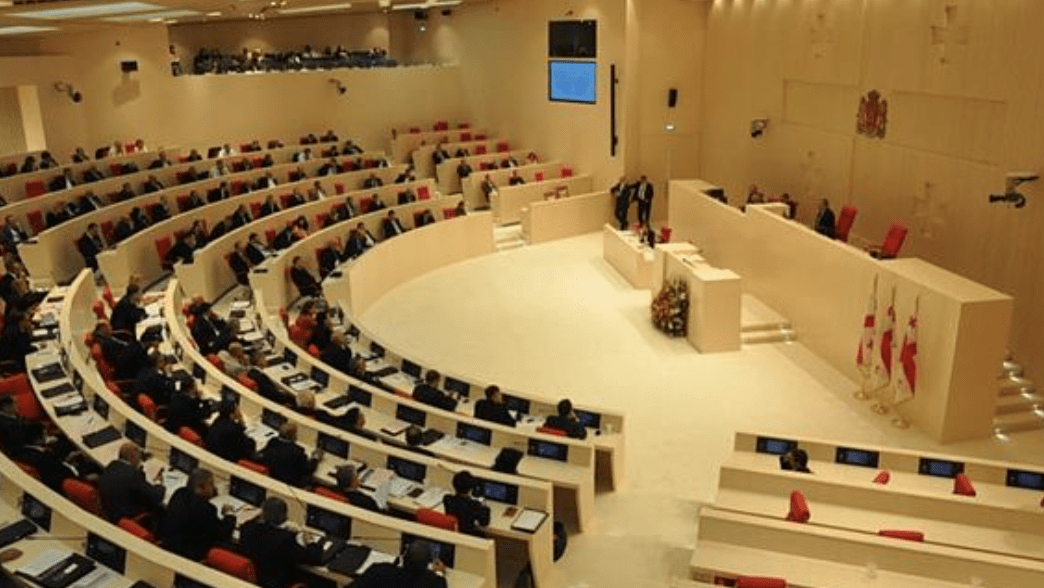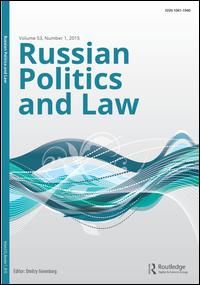(EurasiaNet) (Co-authored with J. Larsen) Georgian Prime Minister Giorgi Kvirikashvili led a triumphant delegation in late March on a visit to Athens and then Brussels. The Georgian officials were celebrating a hard-fought victory, as the European Union finally made good on its promise to allow Georgians to travel to Europe visa-free.
But while Georgia has taken a step closer to the EU, the democratization process at home seems to be moving backward.
Visa liberalization makes life easier for Georgians traveling to Europe. It also has symbolic importance, affirming Georgia’s deepening integration with Europe and showing its citizens a tangible benefit of the country’s reform efforts. But beyond this symbolic victory, the future of Georgia’s democratic development remains in question.
The delicate balance that helped Georgia make progress toward its goal of EU membership is in peril of being upended. This January, the United National Movement, the political force behind the country’s Rose Revolution in 2003, split into two. The party’s disintegration means the country no longer has an opposition party capable of counterbalancing the governing Georgian Dream coalition. That has observers asking: Will the absence of strong opposition parties hinder the evolution of civil society in Georgia? […]
Read More © EurasiaNet










